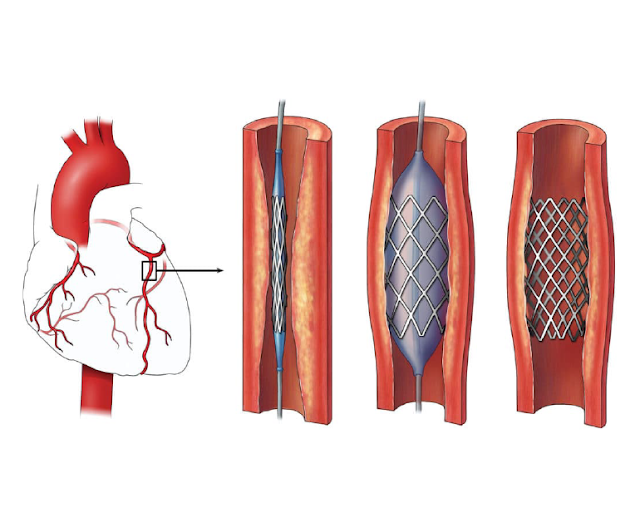How Vitamin D protects against heart failure
Vitamin
D, often referred to as the "sunshine vitamin," is crucial for
maintaining bone health and regulating calcium levels. However, according to
medical research it has significant impact on cardiovascular health also,
specifically in protecting against heart failure.
India’s
leading cardiovascular surgeon Dr. Ramji Mehrotra says that Vitamin D's
protective effect on the heart is due to several mechanisms. Firstly, it plays
an important role in modulating the renin-angiotensin-aldosterone system
(RAAS), which regulates blood pressure and fluid balance. Adequate Vitamin D
levels have been associated with decreased activation of this system, resulting
in lowered blood pressure and reduced strain on the heart.
Moreover,
Vitamin D exhibits anti-inflammatory properties. Chronic inflammation is a key
contributor to the development and progression of heart failure. Vitamin D
helps to mitigate inflammation by inhibiting the production of inflammatory
cytokines and promoting the release of anti-inflammatory molecules. By doing
so, it creates an environment that is less conducive to the structural and
functional changes that lead to heart failure.
Vitamin
D's impact on muscle function is also well known. The heart is a muscle, and
vitamin D deficiency has been linked to weakened muscle strength. In the
context of heart failure, maintaining optimal muscle function is essential for
the heart's pumping efficiency. Vitamin D supports muscle strength by aiding in
the synthesis and function of contractile proteins.
Additionally,
Vitamin D is involved in regulating the autonomic nervous system, which
controls heart rate and rhythm. Imbalances in this system are common in heart
failure patients. Vitamin D helps to stabilize the autonomic nervous system,
promoting a more controlled heart rate and rhythm and reducing the risk of
arrhythmias.
According
to Dr Ramji Mehrotra, research studies have shown the association
between Vitamin D deficiency and an increased risk of heart failure.
Individuals with low Vitamin D levels are more prone to developing heart
failure and experiencing its adverse outcomes. Conversely, maintaining
sufficient Vitamin D levels through exposure to sunlight, dietary intake, or supplements
has been linked to a reduced risk of heart failure.
In
conclusion, Vitamin D plays a crucial role in maintaining optimal heart
function. By prioritizing Vitamin D intake and ensuring adequate levels,
individuals can potentially reduce their risk of heart failure and enjoy
improved heart health overall.


Comments
Post a Comment